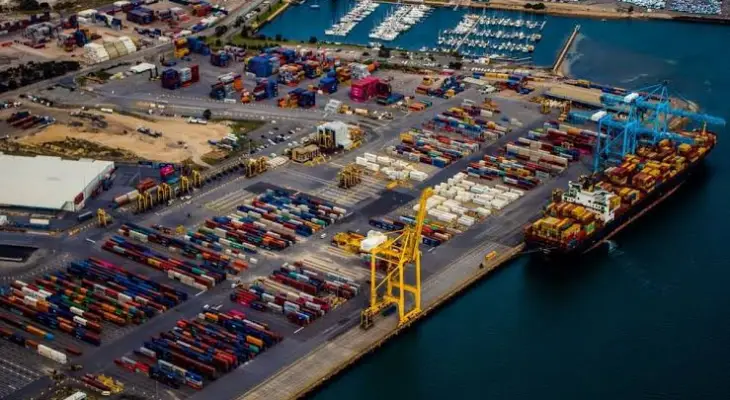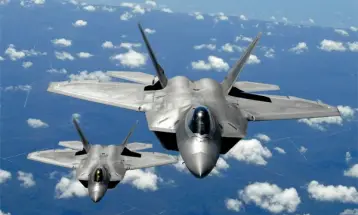Import Restrictions Have the Potential to Weak the Competitiveness of Domestic Products

Holiday Ayo - The Center for Indonesian Policy Studies (CIPS) assesses that the limited import prohibition (lartas) regulation has the potential to weaken the competitiveness of domestic products.
CIPS researcher Hasran said this ban would make it difficult for domestic industry players to obtain raw materials for their production.
“The regulations contained in the Regulation of the Minister of Trade (Permendag) Number 3 of 2024 have three provisions that are officially enforced and this makes things difficult for domestic industry players," explained Researcher Center for Indonesian Policy Studies (CIPS) Hasran in his statement, Sunday (7/4).
According to him, there were three things that caused this to happen. First, the number of Harmonized Systems (HS) entering the lartas is increasing compared to before.
Second, the change in import control from post-border to border indicates that supervision and inspection of complete import documents will be carried out before the imported goods enter the customs area.
Third, the final document which previously only took the form of a survey report (LS) has now expanded to include LS and Import Approval (PI).
According to Hasran, these three new provisions make it increasingly difficult for domestic industrial players to obtain raw materials for their production.
Some of the industries affected are the electronics industry, traditional medicine, cosmetics and household supplies, textile goods, toys, footwear, bags, hydrofluorocarbons (HFC), chemical products, plastics, and iron and steel.
Instead of protecting local upstream industry players, this provision will make access to downstream industry raw materials expensive.
In the end, the resulting product becomes less competitive in terms of price and quality.
“As a result, domestic consumers will bear the price increases. The government needs to change its perspective and mindset in drafting regulations on imports of raw materials," said Hasran.
If previously the state regulation approach tended to produce regulations that reaped pros and cons from the public and industry, such as Minister of Trade Regulation Number 3 of 2024, then the coregulation approach needs to be an option.
“With coregulation, trade regulations will be designed by industry associations and the government only needs to establish general principles. Because the regulations come from industry players themselves, the possibility of complaints in the future can be minimized," added Hasran.
Furthermore, the government needs to consider making it easier for downstream industry players to obtain raw materials.
Convenience here means being able to obtain raw materials at the right time, specifications that suit your needs and affordable prices.
So far, the government tends to be protectionist on the grounds of protecting domestic upstream industries by limiting imports of certain commodities.
In fact, this kind of perspective actually makes protected upstream industries less competitive and innovative, and makes it difficult for downstream industries to obtain raw materials.
Apart from that, the government needs to continue to evaluate the implementation of the Commodity Balance system.
The ideals expected from this system are very good, namely making the import licensing system more transparent and automatic.
Unfortunately, several criteria in determining quotas are still ignored, such as considerations related to price.
Apart from that, regulated commodities are still relatively limited, as of 2024 only 6 food commodities and 11 oil and gas commodities will be regulated.








Leave a comment